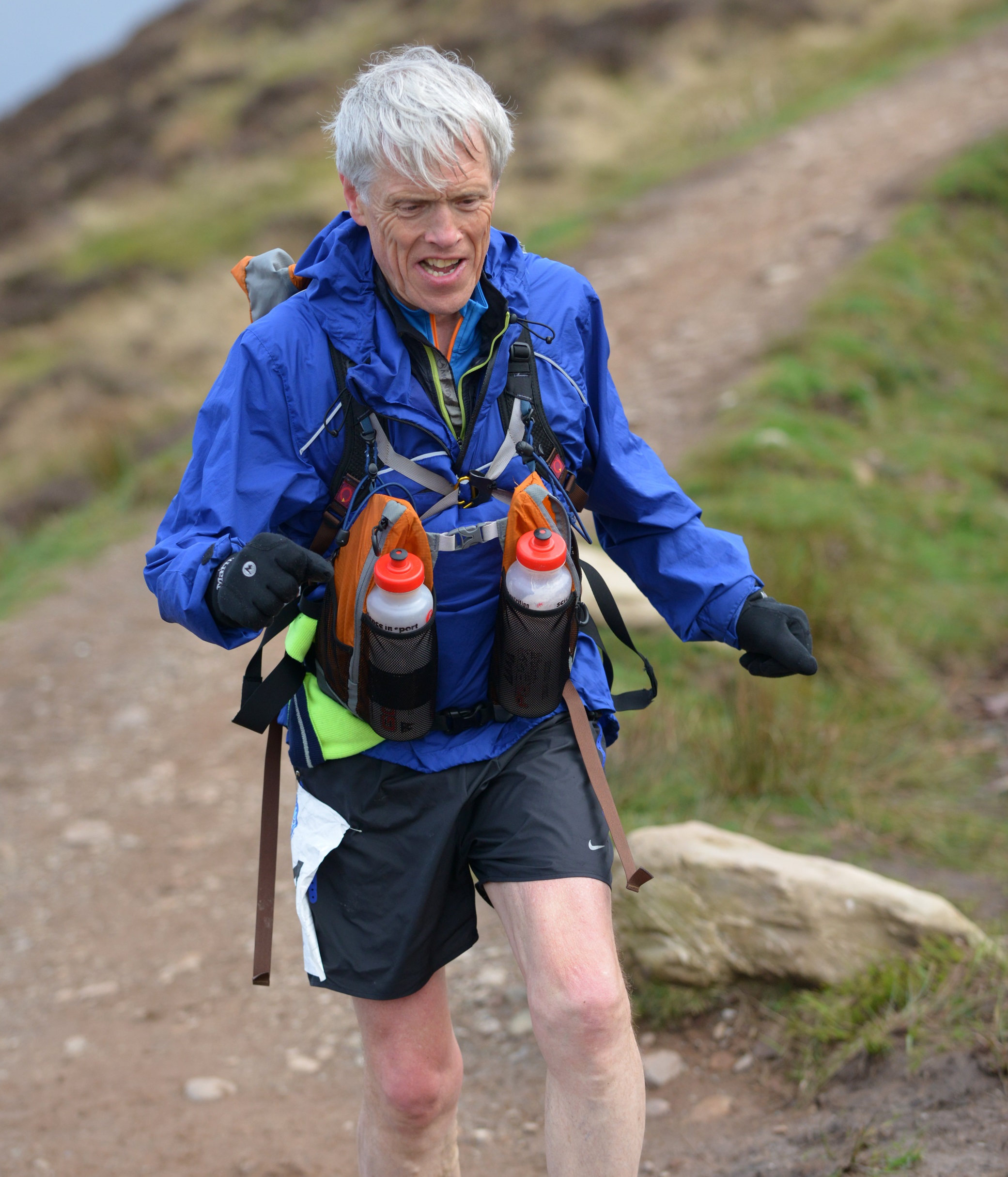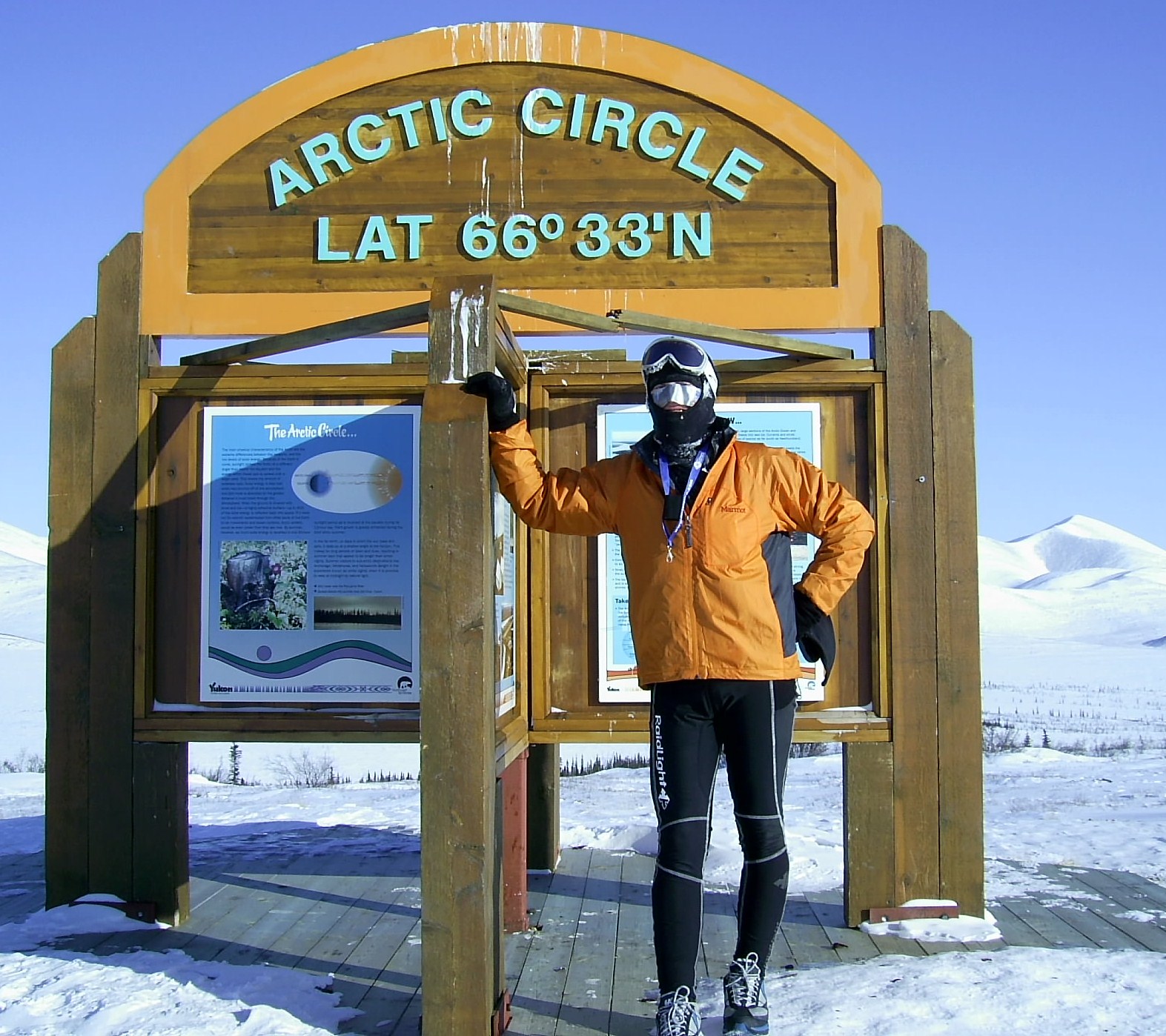Veteran marathon runner Phillip Howells was named ‘Britain’s Most Overactive Pensioner’. The award is in recognition of the the 68-year-old’s incredible running CV, which includes a total of 333 endurance events. More incredible still, his running career only properly took off in his 53rd year, leading him on to run a staggering 168 races in just 15 years.
Now training for his 169th marathon, we caught up with Phillip to find out what makes him tick…
When did your interest in running begin?
I ran a lot in my teens but then moved towards cycle racing for many years, sometimes taking a break to run a couple of marathons. However, my wife sadly died when I was 50 and I was rather overweight and unfit during the years she was ill. I started to exercise just to lose weight and get fitter; at the time, even a few hundred yards was a significant effort. I had no thoughts whatsoever of doing another marathon until a friend asked if I would run for his charity.
After a few more races I was eventually enjoying being so fit again, so I ventured into the world of ultras by entering and completing my first 56-mile Comrades Marathon in South Africa. The rest is history: I got my marathon PB down to 3hrs 20mins when I was 58, I am a member of the 100 Marathon Club, and now my 170 marathons includes 66 ultras, 57 road marathons and 47 trail marathons.
What draws you to marathon races in particular?
Well, for starters, I know I am a better endurance athlete than I am a sprint. So I often manage the elusive ‘negative split’ in my longer races, including ultras. The marathon-type distances are much more my forte. The marathon distance also has some extra magic to it somehow; I love the fact that it is the first standard race distance when you have to be more organised with your hydration and nutrition, and have additional mental strength and physical endurance to complete the distance.

What is the hardest race you’ve ever completed?
The 54-mile Highland Fling in 2014, just before my back operation, was particularly tough both mentally and physically. I was getting painful back spasms for much of the race, and particularly when I had to sprint hard to be the last person to reach the cut-off point at 40 miles. That set my AF [atrial fibrillation] heart condition off, making the last 14 miles quite a mental slog, to say the least.
However, I think the hardest event I have ever tackled has to be the 6633 Arctic Ultra. At the 70 miles point, I was all for dropping out but somehow contrived to get going again – in bitterly extreme conditions at 1am in the morning – to complete another 45 miles in what is probably my finest ever athletic achievement. I got to 130 miles before succumbing to hypothermia – I was only one of two people still left in the event. As far as I know, I am still the only over-60 to have attempted this race.
Have you ever seriously thought about quitting when faced with certain health problems?
Of course – after both the heart news I received in 2012 and the major back operation last year. After my AF diagnosis, I actually felt quite ill and seriously doubted whether I could run any more marathons. The cardiologist had told me to forget it. However, after a few weeks of resting, I began to recognise how much I missed running and all that came with it.
Now, over 30 marathons later, the rest is history. It just goes to show that the expression “where there is a will, there is a way” is very often absolutely true.

What has been your best running experience?
I would probably choose the completion of my 100th marathon. It’s an emotive and extremely rewarding milestone in itself, but I chose to make it an especially difficult one by running my fifth Comrades Marathon. As it happens, I felt quite poorly in the week leading up to the event and was not at all sure I would be well enough to run. Within a few miles of the start I was right at the back having decided I needed to start very slowly if I was to have a chance of finishing.
I made halfway with only 15 minutes to spare before the cut-off time so it was rather a tight thing at that stage! Somehow my endurance ability then started to kick in and I was very relieved to speed up as I had hoped, completing in just over 11 hours and running the last 10k in an astonishing 50-something minutes. I have never felt more emotional after completing an event as I did on that day!
Finally, what advice would you give to any older runners out there?
There are two important considerations, I would say. Firstly, no matter how old we are, we can all achieve much more than we often believe. Winning the ‘Britain’s Most Over Active Pensioner’ competition will, I hope, inspire other over-60s to get more fit and active. Far too many think or are told: “Aren’t you too old for that sort of thing?” This is nonsense!
Secondly, get yourself checked out before undertaking any serious exercise at an older age – especially if you have not been active for some time. Once you do start, though, it is very important not to overdo it. A good rule of thumb is not to make any run more than 10% longer than the previous longest run, don’t increase total mileage from a previous week by more than ten percent in any week, and every fourth week back off to take it a bit easier to allow your body to recover.
Phillip runs in Wigwam socks, describing their Trail Trax Pro model as his favourite: “Nothing beats the Wigwam Trail Trax Pro socks. They are just brilliant for trail running. I haven’t worn out a pair yet!”





